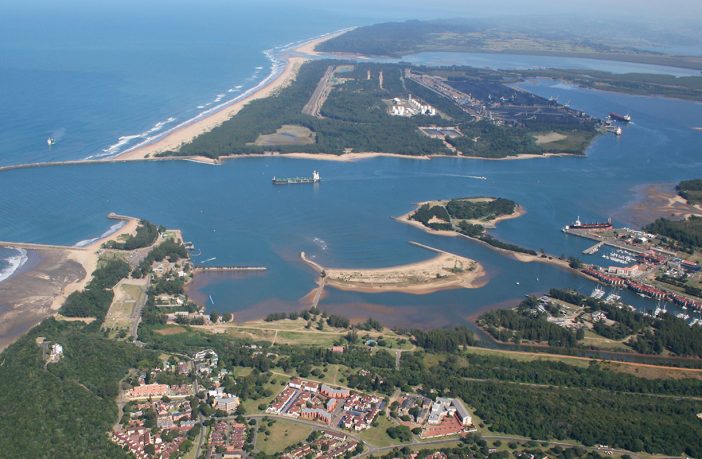- Environmental justice groups groundWork and the South Durban community Environmental Alliance (SDCEA), represented by the Centre for Environmental Rights (CER), filed a review application in February 2024.
- The review challenges the Minister’s decision to uphold an environmental authorisation that was granted in November 2022 to the proposed 2000 MW Phakwe gas power plant in Richards Bay, which is guaranteed to cause climate harms.
The 2000 MW gas power plant is the latest in a series of new power plants proposed for the Richards Bay Industrial Development Zone (IDZ). All these proposed power plants are currently being challenged in the High Court or at the Department of Forestry, Fisheries and the Environment (the DFFE) by civil society groups on grounds that there are more efficient, affordable and less harmful clean energy alternatives available, which could be online far sooner. Most energy experts and modellers agree that baseload gas-to-power, which is what this plant would be, is not necessary or appropriate for the South African electricity system.
The review against the proposed Phakwe gas plant questions the way that the decision-makers found that the guaranteed climate change harm that the Phakwe project would cause was acceptable when contrasted with the potential climate change benefit it could bring.
Yegeshni Moodley, Climate and Energy Justice Campaign Manager at groundWork, says that “Decision makers have relied on a speculative future possibility that gas powered stations could displace coal. The decision-makers failed to consider relevant information: that any climate change benefit is highly speculative.”
The Applicants argue that this reliance on an unknown future benefit to justify a known harm is an error of law, and therefore that these decisions are unlawful and ought to be set aside by the High Court.
Desmond D’Sa, office coordinator at SDCEA highlights that “The science around climate change is incontrovertible. Climate change has resulted in widespread harm to the environment, human health and well-being from more frequent and intense storms, droughts, heatwaves, and other climatic events, including in South Africa. When addressing the Durban floods of 2022, which are now known to have claimed 448 lives, President Ramaphosa attributed the floods to climate change, noting that we could no longer “postpone what we need to do, and the measures we need to take to deal with climate change.”
Gas is incompatible with a safe climate future, as both methane and carbon dioxide are critical contributors to global warming and climate disruption. These two greenhouse gases are the two most important for the rate of warming observed over the past few decades, with 25% of all warming observed to date ascribed to methane. In addition to the fact that such high emission projects contribute to climate change harms, Phakwe and other gas plants also pose a threat to public health due to air pollution. Plans for at least six gas power plants in Richards Bay would also have a detrimental effect on air quality, which has already been identified as a problem in the area.
Parties have 15 days from 29 February 2024 to oppose the case and provide the records that were before the Minister when she made her decision.
Source: groundWork















